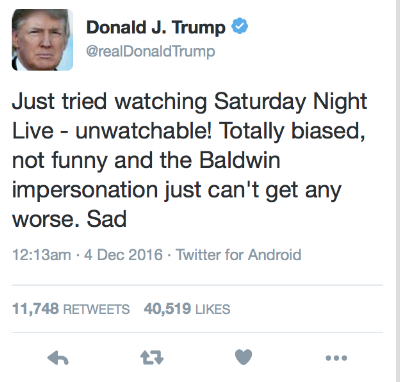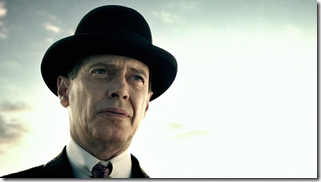I have similar problems with almost all of television, film, and music from the time when Full House was on the air.
Boy Meets World, for example. I once worked with an attorney whose son was a star of the show, but I had no idea that the show even existed. I also work with a teacher named Mr. Feeney. When I mention his name to people, they often laugh and say, "Like Boy Meets World!"
I have no idea what they are talking about.
This is because from 1992 until about 1994, I didn't own a television. I was homeless and then living with a family of Jehovah Witnesses, working two full time jobs in order to pay the attorney who would represent me in court during the trial for a crime I didn't commit.
Then, from 1994 until 1999, I was attending two colleges full time (earning two degrees) while managing a McDonald's restaurant full time and working in the college writing center part-time. I was also Treasurer of the Student Council, President of the National Honor Society, and columnist for the school newspaper.
In 1997, I launched my DJ company with my partner.
Looking back, I really don't know how I did it all. But one way was to stop consuming almost all media. Almost all popular culture from 1992-1999, and especially from 1992-1994, is lost to me.
This means I have no understanding about things like Saved By the Bell, Family Matters, Northern Exposure, Twin Peaks, Home Improvement, The Wonder Years, The Fresh Prince of Bel Air, and many more.
I've managed to catch up on Seinfeld, Buffy the Vampire Slayer, and Friends, but not until much later.
I missed out on all those 90's slacker films like Dazed and Confused, Clerks, and Reality Bites. I missed classics like Boys in the Hood, Pulp Fiction, and The Usual Suspects. I've since caught up on many of these films, but it turns out that if you're not watching a movie like Reality Bites in the early 1990s or Clerks when Kevin Smith is still a relative unknown, it's just not the same.
I missed out on the rise of bands like Nirvana, Pearl Jam, Green Day and Radiohead. Again, I caught up with them later on, but if you're not listening to Nirvana in the '90's, you can't help but feel a little detached to what they are singing about.
And then there are shows like Full House. I'm never going to watch an episode of that show. Even if I had the time, I can't imagine that it's worth my time. Instead, I will move through life slightly lost, wondering if the Olson twins were two separate characters on the show or body doubles for each other.
Wondering why so many children live with three men and one woman.
Wondering if Uncle Jessie is a Full House reference (he seems to get mentioned in conversation surrounding this show) or a reference to the Uncle Jessie from The Dukes of Hazard.
Wondering how a foul-mouthed comic like Bob Saget got cast to appear on a show alongside so many children.



















